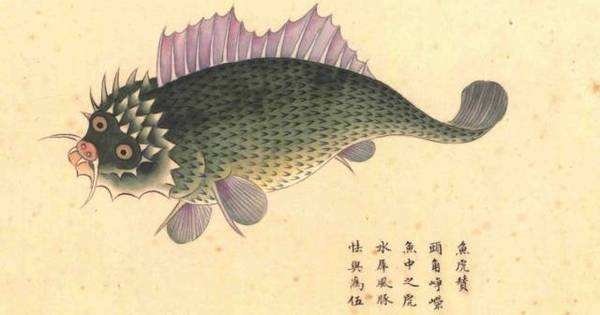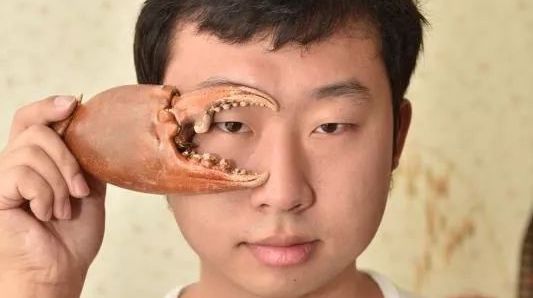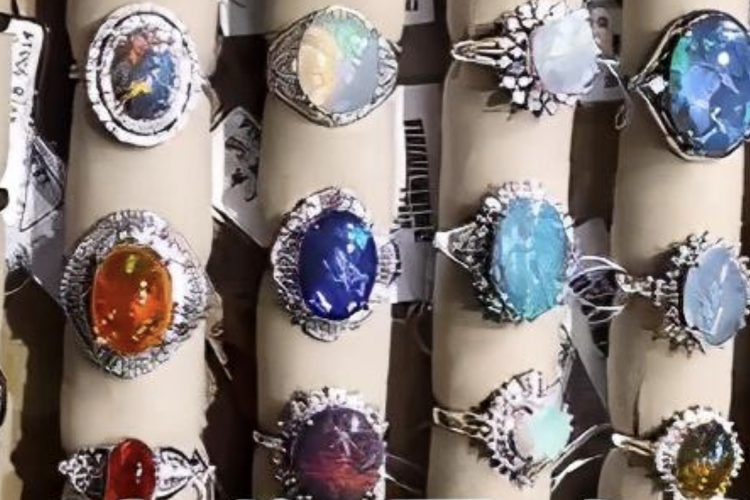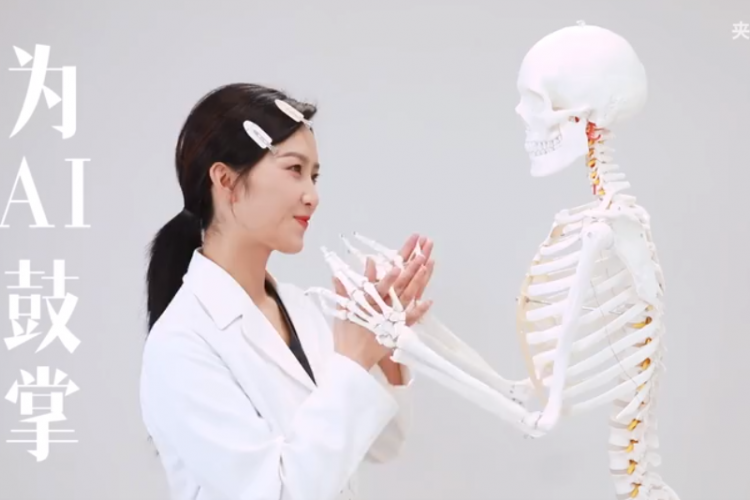Douyin Dive: The Channel That Will Make Your Inner Biologist Happy
Douyin is a massive ocean of content creators, so how do you choose to follow? In Douyin Dive, we recommend the channels that will intrigue, impress, and inspire.
Perhaps no king or god in history or myth has ever wielded as much power over humans as does today’s simple smartphone. It is probably not too hard to guess whether at this very moment there are more people studiously reading an informative book or or more people browsing social media, and that made me wonder: are there any Douyin channels where you can learn a thing or two by watching them on your daily commute or when taking a bathroom break at work?
Have you ever wondered what the name of that flower you saw on your way to the subway station was, or whether the tiny spider that stalks you menacingly from your ceiling is poisonous or not? Do you even have a few fuzzy videos of mysterious creatures recorded on your phone awaiting their grand debut on social media? If so, then worry not! At 无穷小亮的科普日常 wúqióng xiǎoliàng de kēpǔ rìcháng (Little Liang's biology channel) all of these questions and needs will be satisfied.

张辰亮 Zhang Chenliang, the mind behind this mashup between Shazam and Nature magazine, is a local Beijinger and insect enthusiast. Zhang got his master’s degree in agricultural entomology and pest control from China Agricultural University, but instead of continuing on an academic journey, he realized that disseminating biological knowledge is his true calling. Besides working as a scientific writer, Zhang is also in charge of running the Weibo account of 博物 bówù Nature History, a younger, more entry-level version of Chinese National Geography. It didn’t take him long to realize the differences between a magazine’s audience and the people on social media platforms. It also didn’t take him long to realize he much prefers using Weibo as a platform to answer all the quirky and funny questions that spring from the minds of strangers on the internet!

No doubt researching the most cutting-edge hypotheses in the laboratory requires an individual to have a deep understanding of their subject. However, explaining that subject to the public in a comprehensible and light-hearted way is no easy task either. You need to break down all the complicated theories and dispense with confusing terms without twisting the core truth of what you’re talking about. Moreover, you may never be able to anticipate just how inspiring or absurd people’s questions will be. For example, 水猴子 shuǐ hóuzi, the aquatic monkey, is a mysterious monster that exists in much of Chinese folklore, and while no one has ever found any solid evidence to prove its existence, you will still see countless videos on Douyin from people claiming they have filmed real-life aquatic monkeys in the wild. Zhang has analyzed the most popular of these videos on his channel, and debunked them one by one. His humorous attitude has broken the stereotype that scientists are a solemn and boring bunch, and has even started a wave of interest in biology on Chinese social media.

Amusingly, after Zhang shared photos of himself on his personal account, his followers realized his resemblance to a Tibetan Sand Fox, and this resemblance quickly became a trademark of his, resulting in an avalanche of hilariously creative memes.

Currently, Zhang is the deputy editor of Nature History, as well as the director of their new media department. You can follow his Weibo at 无穷小亮微博 (wúqióngxiǎo liàng wēi bó) or Douyin/ Bilibili channel 无穷小亮的科普日常 (wúqióng xiǎoliàng de kēpǔ rìcháng) to witness the dazzling wonders that Mother Nature has to offer and get to know the talented creators from Nature History and Chinese National Geography. And you can even shoot Zhang a message to get his take on that particular biological conundrum that has been haunting you for years.
READ: Be Spirited Away to the World of Studio Ghibli at the Today Art Museum's New Exhibition
Images: 西瓜视频,张辰亮,Cdcclib,Bilibili,果壳







